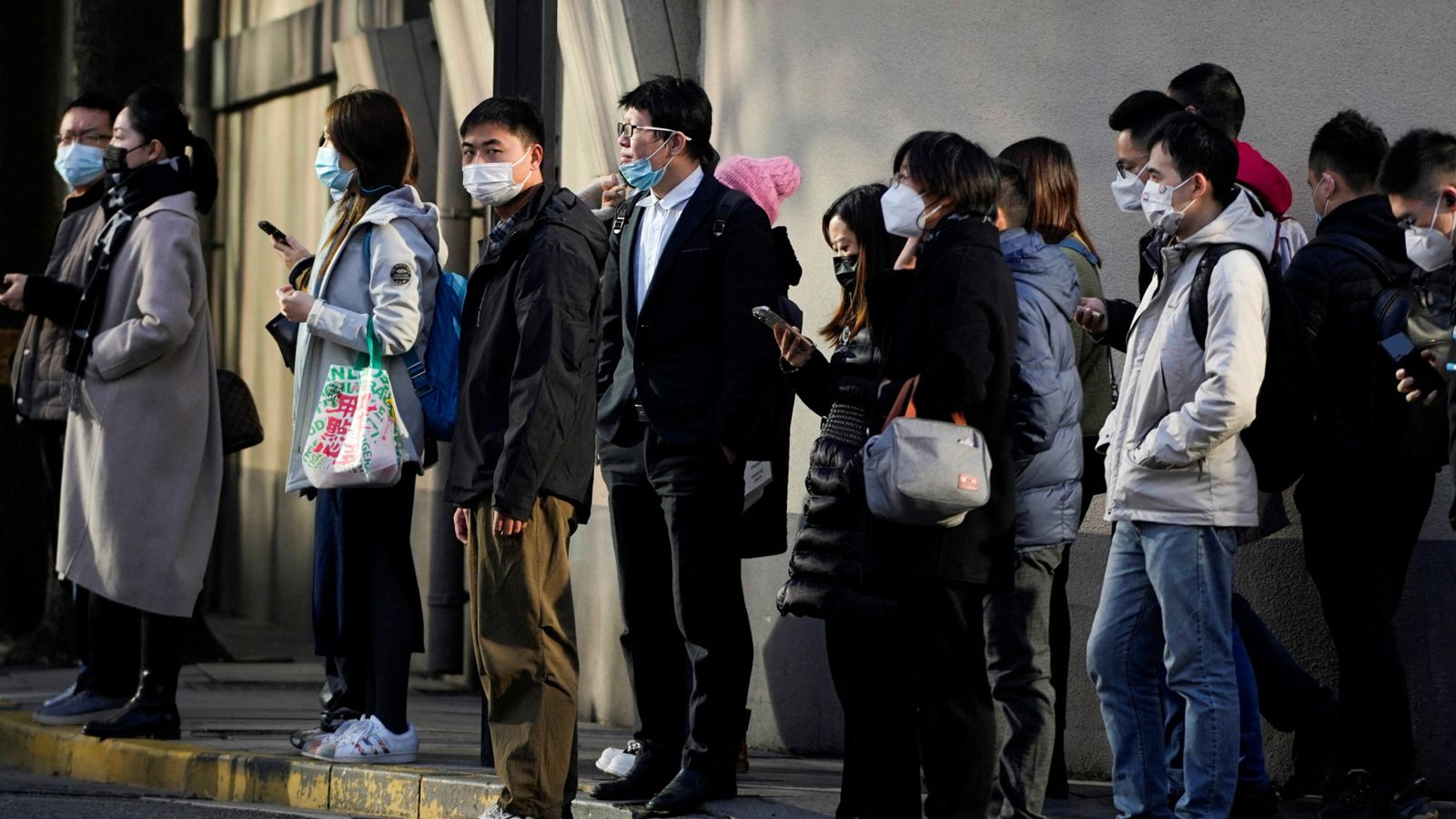Syrian rebels seize key city of Hama in latest blow for Bashar al Assad


Syrian rebels have captured the central city of Hama in the latest blow to President Bashar al Assad.
The Syrian army said it had withdrawn and taken up positions outside the city to protect civilians, hours after opposition fighters said they were marching towards its centre.
The insurgents said they had entered Syria’s fourth-largest city on Thursday after days of intense fighting with government forces on its outskirts.
Please use Chrome browser for a more accessible video player
0:51
Air strikes hit Hama as rebels advance
The fall of Hama follows a lightning offensive by the jihadi group Hayat Tahrir al Sham (HTS) and Turkish-backed Syrian militias called the Syrian National Army.
The surprise assault saw militants capture much of Syria’s largest city Aleppo last week and reignited the country’s civil war, where the frontlines have largely been frozen in place over the last few years.
Read more:
Who are the Syrian rebels?
Analysis: The immense significance of rebel offensive
The battle for Hama saw fierce battles inside the city, according to the UK-based Syrian Observatory for Human Rights.
“If Hama falls, it means that the beginning of the regime’s fall has started,” the monitor’s chief, Rami Abdurrahman, said before the city was captured.
Hama is infamous in modern Syrian history.
In February 1982, government forces led by Rifaat al-Assad, the younger brother of then-President Hafez al-Assad, and uncle of the current President Bashar al-Assad, surrounded the city to quash an anti-Baathist uprising.
Thousands were massacred as the rebellion was crushed. It is still considered one of the largest assaults by an Arab leader on his own people in recent times and is taboo in official Syrian circles to this day.
The capture of Hama by rebels is therefore both a deeply symbolic and hugely strategic blow to the regime.
After taking the country’s second biggest city Aleppo over the weekend, they have made fast progress around 100 miles south while seemingly encountering little resistance.
Syrian and Russian attempts to repel them, mainly using airstrikes, have failed.
Rebel forces are now barely 50 miles from Homs, another key city that sits on a major junction of highways in the country. That will be next in their sights.
The more territory they take, the more stretched their forces will become attempting to hold ground.
President Assad will need to fight back – Damascus is still a comfortable distance away, but the Syrian leader is weakened and won’t rest easy after this latest humiliation.

Hama is one of the few cities that remained under Mr Assad’s control during Syria’s civil war, which erupted in 2011 following a popular uprising.
The central city of Homs, Syria’s third-largest, is around 40km (25 miles) away and is likely to be the rebels’ next target.
It sits on a major crossroads in Syria, linking the capital Damascus to the north and the coast to the west.

Jihad Yazigi, editor of the Syria Report newsletter, said: “Assad now cannot afford to lose anything else.
“The big battle is the one coming against Homs. If Homs falls, we are talking of a potential change of regime.”
Mr Assad has been able to stay in power largely thanks to the help of his allies, Russia and Iran, but both countries – as well as the Iran-backed Hezbollah group – have been distracted by their own wars.
Russia has been preoccupied with its invasion of Ukraine since 2022 and Hezbollah in Lebanon has suffered heavy losses in its war with Israel.

